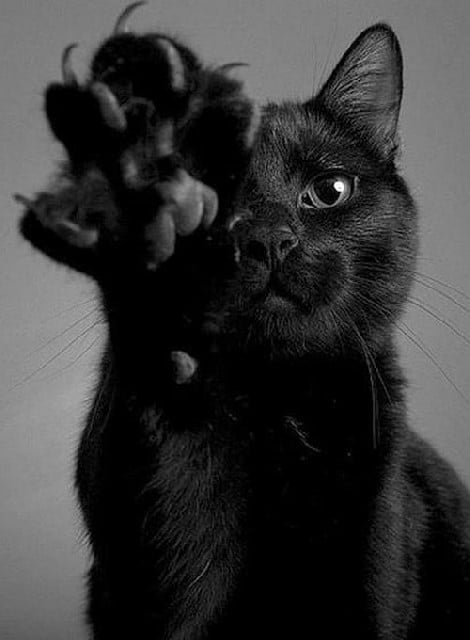A Reddit.com user asks whether, what appears to be siblings, are playing or fighting. My response is that they are doing both. When young cats play together, the basis of their play is fighting. It can get quite rough but the 'victim' at any one time tells the other when it has become too rough by screaming at them.
 |
| Screenshot from video below. |
This helps to keep the "violence" down to a reasonable level. But you see slapping, biting and kicking with hind legs et cetera and it's all roughhousing play. One might invite the other to attack by laying down belly up.
Note: This is an embedded video from another website. Sometimes they are deleted at source or the video is turned into a link which would stop it working here. I have no control over this.
I guess it is all preparation for independence when, if they lived in the wild, they would have to leave the natal home range and set up their own home range and defend it against incoming intruders with whom they would have to fight.
So, play for young cats as we see in the video is play-fighting. This is the default situation. There is a set of kitten play postures which include: belly-up, standing over, side-stepping, pouncing, chasing, vertical stance, horizontal leaping and face-off. You will notice that they are all to do with fighting an enemy which will no doubt happen in the future.
You will see play between offspring and mother which is not it seems to me "violence-based". Although even in this instance there is often a hint of violence because for example the kitten may bite their mother's tail or their ear. A modicum of violence appears to underpin all domestic cat play throughout their lives.
The other form of play that domestic cats engage in is also centred around violence namely play-hunting. All the toys that you can buy for cats are based upon hunting, chasing and attacking an object. The classic home-made toy is a piece of string which your cat will chase, catch and bite. This form of play is fine tuning a kitten's ability to catch prey. It is called object play.
Adult cats also engage in "object play" and clearly, they aren't practising for the time when they will become adults because they are already adults but, in their minds, the adult domestic cat is still a kitten because they are cared for throughout their lives by their human caregiver.
It is interesting that domestic cat play is so closely tied to violence and aggression. The only reason I can think of as to why is because they are super predators. The cat is one of the world's best predators. Everything about their anatomy, being and mentality is to chase and kill. It is their raison d'être. We sometimes forget it because they become cuddly companions.
But at heart they are still that killer cat that is their wildcat ancestor who is still out there in Africa and Asia hunting rodents.







